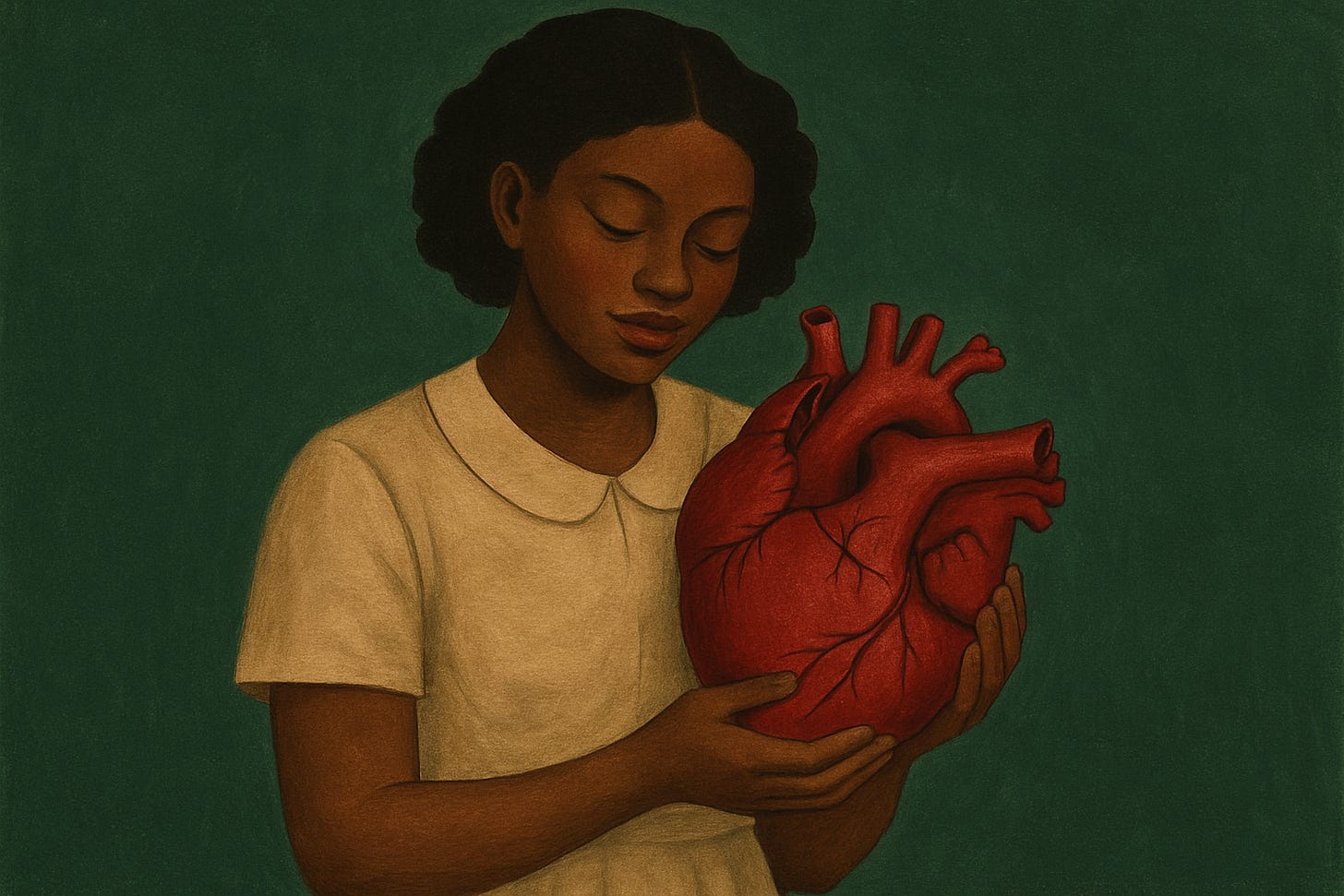The true cost of emotional honesty
What we don’t feel, we carry.
We are taught to be strong. To keep it together. To smile politely even when our insides are unravelling. Somewhere along the way, emotional control became a badge of honour. Don’t cry. Don’t get angry. Don’t show too much.
As if feelings are something to manage, to suppress, to hide.
But the longer we deny our emotions, the more they find their way out in other forms. In tension headaches. In short temper. In burnout. In silence. We carry what we don’t express. We armour up.
And the armour might protect us for a while, but it also isolates us. It keeps us distant from others and sometimes even from ourselves.
Emotional honesty isn’t about spilling everything to everyone. It’s not about being dramatic or raw all the time. It’s about being real. It’s the practice of saying, “This is where I actually am right now. This is what’s true for me today.”
That can be terrifying. Because honesty is vulnerable. It opens a door, and once it’s open, there’s no guarantee what you’ll find or how people will respond. Will they understand? Will they judge? Will they walk away?
But what if they don’t?
What if emotional honesty is the very thing that allows people to really meet us, to meet us where we are?
We spend so much time trying to appear okay, but connection doesn’t happen in the appearance of okay.
It happens in the cracks. In the places where we admit, “I’m struggling too.” Where we whisper, “I don’t have it all figured out.” Where we say, “Me too.”
Honesty is what invites others to breathe around us. To exhale. To take off their armour, too.
And when we begin to live more honestly with ourselves, we start to heal.
We start to listen to the quiet messages our bodies have been sending us. The anger that signals a boundary. The sadness shows what we miss. The fear that reveals what we care about. The joy that reminds us what feels right.
Emotions aren’t obstacles; they’re information.
They don’t make us weak; they make us whole.
But we’ve been conditioned to mistrust them. To label them good or bad. To believe that some emotions are acceptable and others are shameful. So we try to control them. But feelings don’t disappear just because we ignore them. They wait. They build. They demand to be seen.
What we don’t feel, we carry.
What we don’t process, we pass on.
And so emotional honesty becomes not just a personal practice but an act of care for others, too.
Because when we speak our truth gently and clearly, we create space for others to do the same. We model that it’s safe to feel. That it’s safe to name the hard things. That there’s strength in softness.
“The truth will set you free,” the old saying goes, “but first, it will make you miserable.”
Yes, honesty can sting. Especially when it reveals something we didn’t want to see. But on the other side of that discomfort is clarity. And on the other side of clarity is peace.
You don’t need to explain everything you feel.
You don’t need to justify it or make it sound better than it is.
You just need to let it be what it is, without rushing it away.
Feelings are not final destinations; they’re weather. They come. They pass. And if we let them move through us, rather than get stuck inside us, we suffer less.
So give yourself permission to feel all of it.
The grief, the joy, the guilt, the pride, the confusion, the tenderness. All of it belongs.
There is no “wrong” feeling. Only unmet ones.
And the more honestly we meet our emotions, the more honestly we begin to live.
So ask yourself today not what you should feel, but what you do feel.
What’s true for you in this moment?
What wants to be acknowledged?
Begin there.
Not with judgment. Not with a solution.
Just with presence.
Because the first step toward healing is not fixing; it’s feeling.



